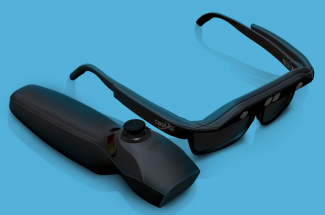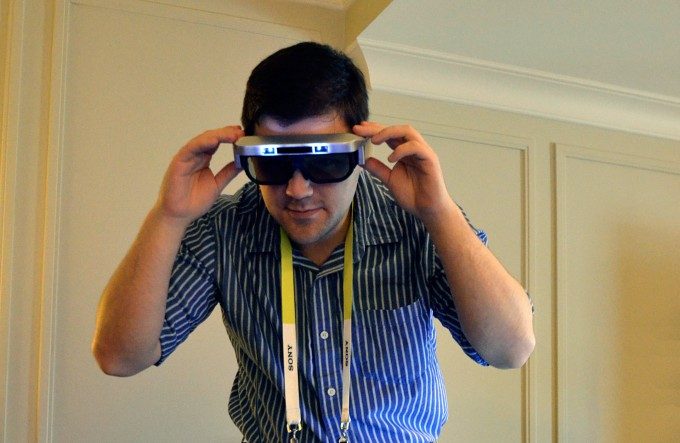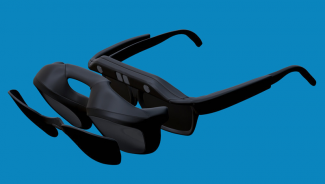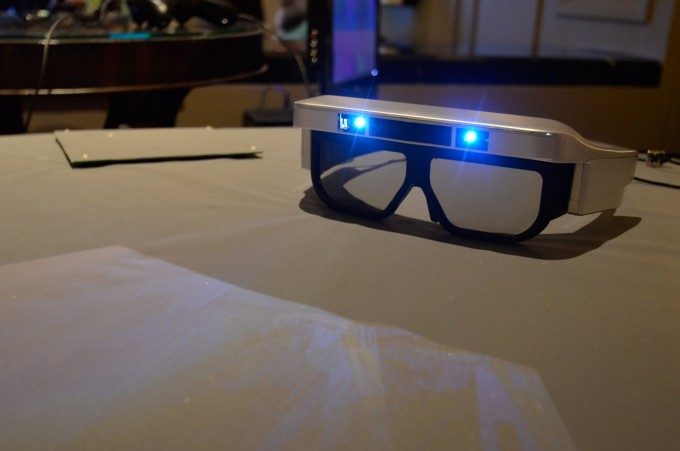According to a report from Polygon, augmented reality company CastAR is heading for a shutdown, laying off staff from the Palo Alto headquarters and its internal AR software development studio in Salt Lake City. CastAR’s consumer hardware was due to launch this year.


When Valve shelved an internal AR project in 2013, former employees Jeri Ellsworth and Rick Johnson were allowed to take their research with them and spun out the company Technical Illusions— eventually renamed CastAR—initially running a successful Kickstarter campaign which raised over $1 million, followed by landing a $15 million Series A investment from VC Playground Global in 2015. Polygon reports that according to former employees, the venture firm declined to invest any more in the company last week, and that CastAR had “failed to land any Series B funding from other potential investors.”
Following the initial article revealing CastAR’s woes, Polygon has since updated their report to clarify that a “core group of employees are working to try and sell the existing technology.”
This unfortunate news comes during a wealth of positive developments in the field of AR technology. The recent screen-based AR solutions (such as Google Tango and Apple’s phone and tablet AR) and a number of AR headsets.


CastAR’s tech was initially based on the novel use of dual projectors, which required a retro-reflective mat on which the images appear.


Despite its advantages (particularly the ease of supporting multiple viewers), the approach required a number of tradeoffs, including portability (as you’d need to take one of the display mats with you in order to use the headset at another location—and seemed best suited for more niche tabletop gaming-like functionality (as the company has demonstrated on several occasions). The company had long claimed that an optical add-on would allow the device to double as a VR headset, though we never did get a chance to see the functionality demonstrated.

